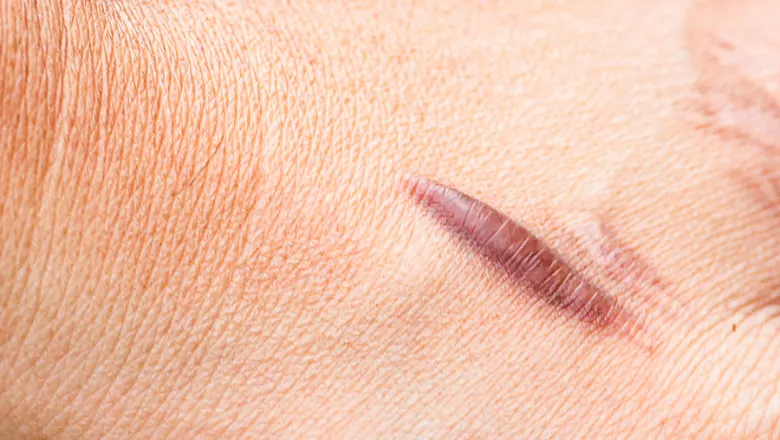
Professor John McGrath
Professor of Molecular Dermatology
- Head of Department, St John's Institute of Dermatology
Contact details
Biography
I am Professor of Molecular Dermatology and head of the Genetic Skin Disease Group. I am also an honorary Consultant Dermatologist for the Guy’s and St Thomas’ NHS Foundation Trust. I qualified from Guy’s Hospital in 1985. I trained in dermatology and dermatopathology at St John’s Institute of Dermatology in London. My research background is in electron microscopy and molecular biology. I am a recent President of the European Society for Dermatological Research and currently serve on the editorial board of 9 international journals, including being the section editor for genetics for the Journal of Investigative Dermatology. Since August 2018, I have been the Head of St John's Institute of Dermatology.
Research

King’s MechanoBiology Centre (KMBC)
The King’s MechanoBiology Centre gives a common platform for researchers across different disciplines with complementary interests in mechanobiology
News
Golden success for Dr Su Lwin and Professor Chris Griffiths OBE at the Chelsea Flower Show
A dermatology-themed garden, the Burma Skincare Initiative’s Spirit of Partnership Garden, has been awarded a coveted RHS Gold Medal at the 2024 Chelsea...

Excessive scarring shown to be associated with atopic eczema, hypertension and musculoskeletal diseases
Researchers find that excessive keloid and hypertrophic scarring co-occurs with specific conditions, while ethnicity also plays a part.

Research

King’s MechanoBiology Centre (KMBC)
The King’s MechanoBiology Centre gives a common platform for researchers across different disciplines with complementary interests in mechanobiology
News
Golden success for Dr Su Lwin and Professor Chris Griffiths OBE at the Chelsea Flower Show
A dermatology-themed garden, the Burma Skincare Initiative’s Spirit of Partnership Garden, has been awarded a coveted RHS Gold Medal at the 2024 Chelsea...

Excessive scarring shown to be associated with atopic eczema, hypertension and musculoskeletal diseases
Researchers find that excessive keloid and hypertrophic scarring co-occurs with specific conditions, while ethnicity also plays a part.

